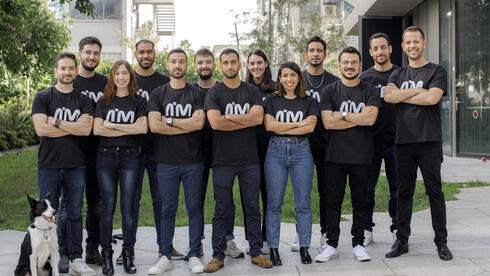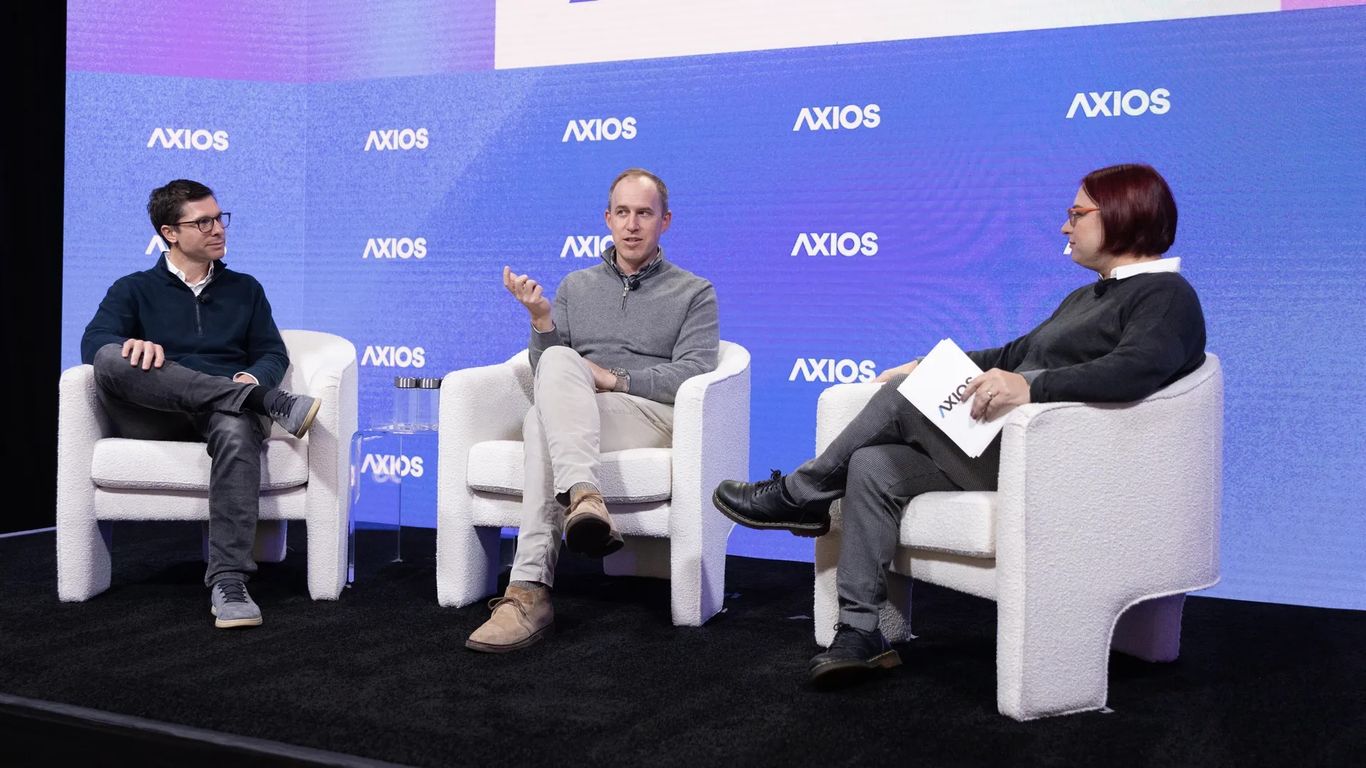Summary:
SentinelOne acquired Prompt Security for $250 million, highlighting the high demand for AI-cybersecurity expertise despite modest revenues.
Crusoe's $150 million purchase of Atero underscores the rush to secure GPU optimization tech for AI models, with deals happening in under a year.
Acquirers prioritize talent density over revenue, paying premiums for teams with backgrounds in Israel's defense and intelligence sectors.
The surge is driven by global AI advancements, forcing companies to acquire rather than build to avoid falling behind in cybersecurity.
More acquisitions are expected in 2025, with startups like Lasso Security and Pillar rumored to be targets, fueling Israel's role as an innovation hub.
The Acquisition Frenzy in Israeli Tech
It was billed as a summer of mergers and acquisitions for Israeli startups, and it lived up to the hype. In August alone, a flurry of high-profile transactions reshaped the landscape of two of Israel's strongest sectors: cybersecurity and artificial intelligence. From AI-driven security platforms to GPU optimization firms, global buyers have moved decisively to secure Israeli talent and technology.
Key Deals That Made Headlines
The wave began with SentinelOne's $250 million acquisition of Prompt Security, a Tel Aviv company founded just two years ago to safeguard corporate use of generative AI tools. Prompt had raised only $23 million before selling, yet it became one of the season's headline-making deals. Its rapid exit underlined a broader reality: acquirers are less interested in immediate revenues than in securing scarce expertise at the intersection of AI and cyber defense.
Just days later, AI infrastructure firm Crusoe announced its purchase of Atero for an estimated $150 million. Atero, an Israeli startup developing technology to optimize GPU workloads for large-scale AI models, had existed barely a year. The deal brought Crusoe both critical intellectual property and a new R&D hub in Tel Aviv.
Behind the Surge
This rapid-fire sequence of deals was no accident. In July, observers in Tel Aviv were already predicting a "supermarket sweep" of young AI-cyber companies. The trigger had been Palo Alto Networks' $700 million acquisition of Protect AI in April, followed by Tenable's $100 million purchase of Apex in May. With U.S. giants like Cisco, Zscaler, and F5 circling the Israeli market, it seemed inevitable that August would bring a spate of transactions.
That forecast proved accurate. Several of the names tipped as acquisition candidates—Prompt, Aim—ended up announcing deals within weeks. For founders, the choice was stark: either scale quickly with new capital or accept buyout offers while valuations remain buoyant. For investors, many of whom had funded these startups less than two years ago, exits in the hundreds of millions represented compelling returns.
The Common Thread: Talent Over Revenue
The common denominator in these acquisitions is not revenue scale—most of the targets have little more than pilot customers—but talent density. Buyers are paying a premium to secure small teams of engineers trained in Israel's defense and intelligence units, betting that they will provide the building blocks for future platforms.
That mirrors a broader global pattern in AI. The technology is advancing so quickly that corporate buyers prefer to acquire specialist teams rather than risk falling behind by developing solutions internally. In cybersecurity especially, where the rise of generative AI has already enabled novel attack methods such as "prompt injection" and data poisoning, the need for defensive innovation is urgent.
What's Next?
The August surge may not be the end of the story. Industry insiders expect more acquisitions before year's end, particularly in the AI-cyber niche. Other startups rumored to be in play include Lasso Security and Pillar. Meanwhile, larger Israeli companies like Check Point and Cato Networks are under pressure to keep pace with U.S. rivals by adding new AI capabilities, either through acquisitions or massive hiring pushes.
What is clear is that 2025 has cemented Israel's position as the crucible of AI-driven cybersecurity innovation and as fertile ground for the world's biggest technology buyers. The gold rush shows no signs of abating.









Comments